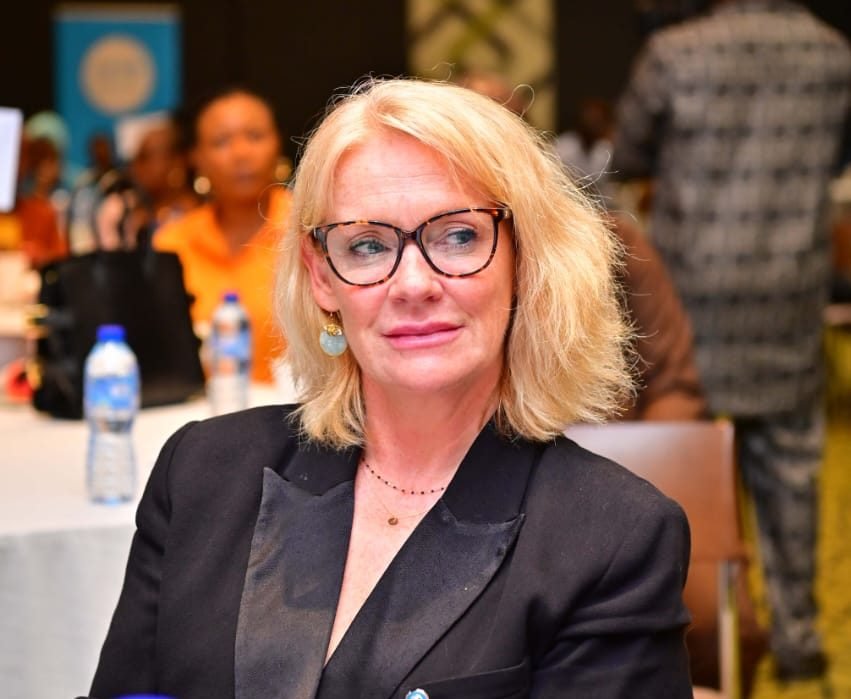The suspension of Starlink’s residential kit orders in Nigeria, due to a delay in regulatory approval from the Nigerian Communications Commission, reflects the broader economic challenges faced by both satellite and telecom service providers in the country.
The Chairman of the Association of Licensed Telecommunications Operators of Nigeria, Gbenga Adebayo, made this assertion to The PUNCH, pointing out that Starlink’s situation is not isolated.
This development follows a failed attempt by the internet company to raise its monthly subscription fee, driven by inflationary pressures. However, the telecom regulator intervened, deeming the price hike a violation of the Nigerian Communications Act of 2003, which led to the reversal of the increase.
As a result, the operator, which has over 22 million subscribers in Nigeria, has suspended the sale of its residential kits until it resolves its regulatory challenges with the NCC.
Telcos have been unable to increase tariffs for the past 11 years, despite rising operational costs. Meanwhile, the regulator is currently consulting stakeholders on this matter, emphasising the need for consensus before any decision is made.
According to the ALTON boss, both telecoms and Starlink are dealing with the unsustainable pricing of services in an industry where the cost of providing services often exceeds the prices that can be charged.
“What they are saying is that they cannot continue to provide services if the price is not right. They simply cannot cover their costs if the pricing remains below sustainable levels,” he stated.
He further stressed that this situation speaks to a bigger challenge for the entire industry. “When large operators say they can’t sign new subscribers, that is a red flag. It means the industry is facing fundamental issues that need to be addressed,” Adebayo noted.
He explained that, while regulatory compliance remains key, addressing the pricing concerns is just as critical for the survival of the industry.
“Current pricing structures are inadequate and unsustainable. Service providers cannot continue to operate under these conditions, especially when the cost of delivering services is far higher than what is being charged,” Adebayo said.
He added that many telecom providers cannot continue to subsidize services as some others have been doing and warned that the entire sector could be in jeopardy if changes are not made.
Adebayo concluded by calling for a more balanced approach to pricing that takes into account the financial realities of the telecom sector.
He stressed that the sustainability of the industry must be prioritized over emotional responses or political sentiments. “The sooner industry leaders understand the gravity of this situation, the better it will be for all players in the sector,” he said.







